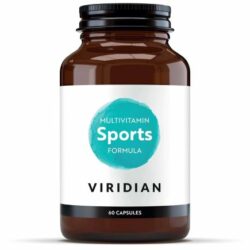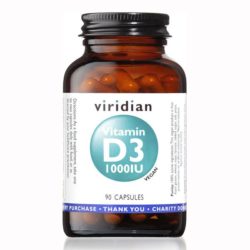Healthy Aging Ingredients: Thiamin (Vitamin B1) (as thiamine HCl), Riboflavin (Vitamin B2), Niacin (Vitamin B3) (as niacinamide, niacin). Vitamin B6 (as pyridoxine HCl), Folate (as folic acid), Vitamin B12 (as cyanocobalamin, methylcobalamin), Biotin, Pantothenic Acid (as d-calcium pantothenate). Calcium (as dicalcium phosphate, calcium pyruvate, calcium ascorbate, d-Calcium pantothenate), Phosphorus (as dicalcium phosphate). Mitochondrial Fuel Blend (Potassium Citrate, Alpha-Ketoglutaric Acid, L-Carnipure® L-Carnitine-L-Tartrate, Creatine Pyruvate). NT Factor® Proprietary Blend: NT Factor Lipids® (US Pat. No. 8,877,239) – Fructo-oligosaccharides. Rice Bran Extract, Opti MSM®, Bromelain, Sulfur, Pantethine, Inositol, L-Arginine, L-Glycine, Taurine, Alpha Lipoic Acid, Garlic. Spirulina, Beet Root Fibre, Bifidobacterium bifidum, Leeks stem powder, Lactobacillus acidophilus, Blackstrap Molasses. Boron, Microcystalline cellulose (E460), vegetable stearic acid (E570), vegetable stearate (E572), pharmaceutical glaze (E904). Croscarmellose sodium (E468), and silicon dioxide (E551).
Study:
If you would like to read an article on how fibre modulates your gut microbiome, please click HERE. This is from that article: “Dietary fibre is nutritionally important, and has health-promoting food ingredients. Modern dietary practices have seen a significant reduction in fibre consumption compared with ancestral habits. This is related to the emergence of low-fibre “Western diets” present within industrialised nations. Which may create a prevalence of gut diseases such as inflammatory bowel disease, obesity, type II diabetes mellitus and metabolic syndrome. The characteristic metabolic parameters of these individuals include insulin resistance, high fasting and postprandial glucose. As well as high plasma cholesterol, low-density lipoprotein (LDL) and high-density lipoprotein (HDL).
Gut microbial signatures are also altered significantly in these cohorts, suggesting a causative link between diet, microbes and disease. Dietary fibre consumption may possibly reverse these changes through microbial fermentation and the subsequent production of short-chain fatty acids (SCFA), which improves glucose and lipid parameters in individuals who harbour diseases associated with dysfunctional metabolism.”






Reviews
There are no reviews yet.